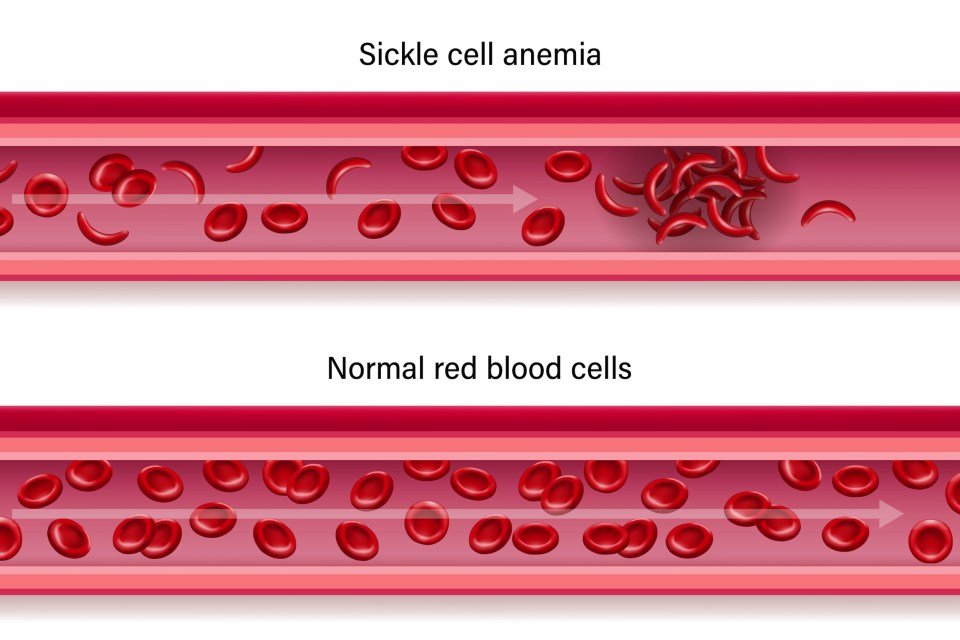September is National Sickle Cell Awareness Month, a time dedicated to raising awareness about a disease affecting millions worldwide. Sickle Cell Disease (SCD) is a genetic disorder that disproportionately impacts Black and African-American communities. This article will delve into the history of Sickle Cell Anemia, its causes, symptoms, complications, concerns, and management strategies.

Historical Perspective
The history of Sickle Cell Disease dates back to ancient times. It was first described in 1910 by Dr. James B. Herrick, an American physician, who observed peculiar sickle-shaped red blood cells in the blood of a dental student of African descent. This discovery marked the beginning of our understanding of this inherited disorder.
Sickle Cell Disease primarily affects people of African, Mediterranean, Middle Eastern, and South Asian descent. The disease results from a genetic mutation that causes the hemoglobin protein in red blood cells to be abnormal. Instead of the normal, round shape, these red blood cells become crescent or sickle-shaped. This altered shape leads to a range of health issues.
Causes and Inheritance
SCD is an inherited genetic disorder caused by mutations in the HBB gene. To develop SCD, a person must inherit two abnormal copies of this gene, one from each parent. When both parents carry one abnormal gene and one normal gene, they are said to have “sickle cell trait.” In this scenario, there is a 25% chance that their child will inherit two abnormal genes and develop SCD, a 50% chance the child will inherit one abnormal gene and have the sickle cell trait, and a 25% chance the child will inherit two normal genes and be unaffected.
How Children Get Sickle Cell Disease
Children inherit Sickle Cell Disease when both parents carry the abnormal HBB gene. It is important to note that having sickle cell trait does not cause the disease itself but increases the risk of having children with the condition when both parents have the trait.
During conception, when a child inherits two abnormal HBB genes (one from each parent), their red blood cells will contain abnormal hemoglobin known as hemoglobin S (HbS). This HbS causes the red blood cells to become rigid and take on the characteristic sickle shape, leading to various health problems.

Symptoms of Sickle Cell Disease
Sickle Cell Disease manifests with a wide range of symptoms that can vary in severity among individuals. Common symptoms and complications include:







.

Complications and Concerns
Living with Sickle Cell Disease presents various challenges and concerns:






Management of Sickle Cell Disease
While there is no cure for Sickle Cell Disease, advances in medical care have significantly improved the management of the condition. Here are key aspects of SCD management:







Sickle Cell Disease is a complex genetic disorder with a long history of affecting individuals, mainly of African and African-American descent. While there is no cure, advancements in medical care have significantly improved the management of the condition. National Sickle Cell Awareness Month serves as a reminder to raise awareness, promote early diagnosis, and advocate for improved access to healthcare for those affected by this disease. Through education, research, and community support, we can continue to enhance the lives of individuals living with SCD and work towards a future without the burden of this condition.

comments +